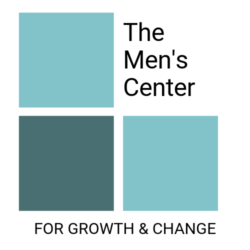Emotional Intimacy and Cultural Awareness (EMICA)
At MCGC we employ a unique combination of support and interventions that blends traditional therapy techniques with emotional intimacy (EI) and cultural awareness skills. Our national survey confirmed the value of emotional intimacy (EI) skills -such as expressiveness, self-disclosure, vulnerability, listening and empathy – in men’s lives and relationships.
We also highlight cultural awareness, honoring men’s diversity and resilience in today’s world. We address the impact of race, gender, ethnicity, religion, sexuality and class in our clinical work as well as our workshops and trainings. We have integrated these perspectives in a model we call EMICA that we use to guide our clinical, educational and advocacy work.
Restorative Practices
For over 40 years MCGC has provided training and educational/counseling support groups for men and women who struggle with managing anger, physical and emotional violence, and/or have been perpetrators of domestic violence.
Our success in these areas of service has greatly benefitted from incorporating the principles of restorative practices (RP) in our work. The basic aim of RP is to make individuals and families whole by creating a safe environment, calling for accountability and the commitment of all involved persons. Reducing harm and preventing violence are important outcomes. These principles are broadly applicable in most therapies with men.
“Restorative” also suggests that men can “re-story” themselves, recreate their own personal narratives in a more whole or functional manner. Our behaviors and relationships are based on tales we have inherited from families, history and the society around us. Men come to believe and act upon these, even when they are destructive and disregard important truths, leaving them feeling psychologically fragmented, disconnected from others and culturally disenfranchised. They may become traumatized and internalize their experiences of abuse– and in some cases become perpetrators of violence themselves: “Hurt people hurt people”.
Restorative interventions allow men to examine the missing pieces of themselves and their histories, to reframe their narratives in order to regain a sense of wholeness and functionality.


